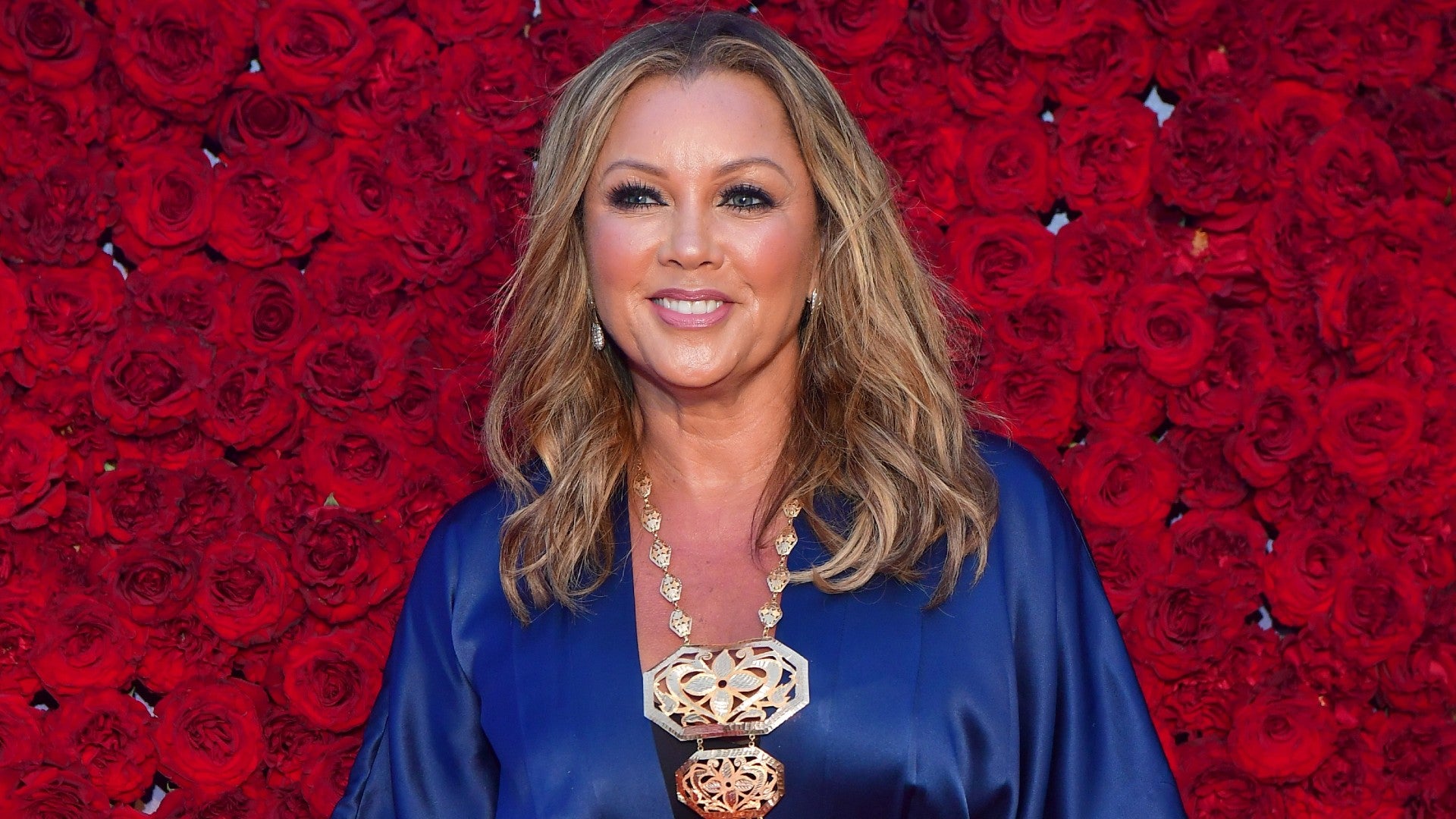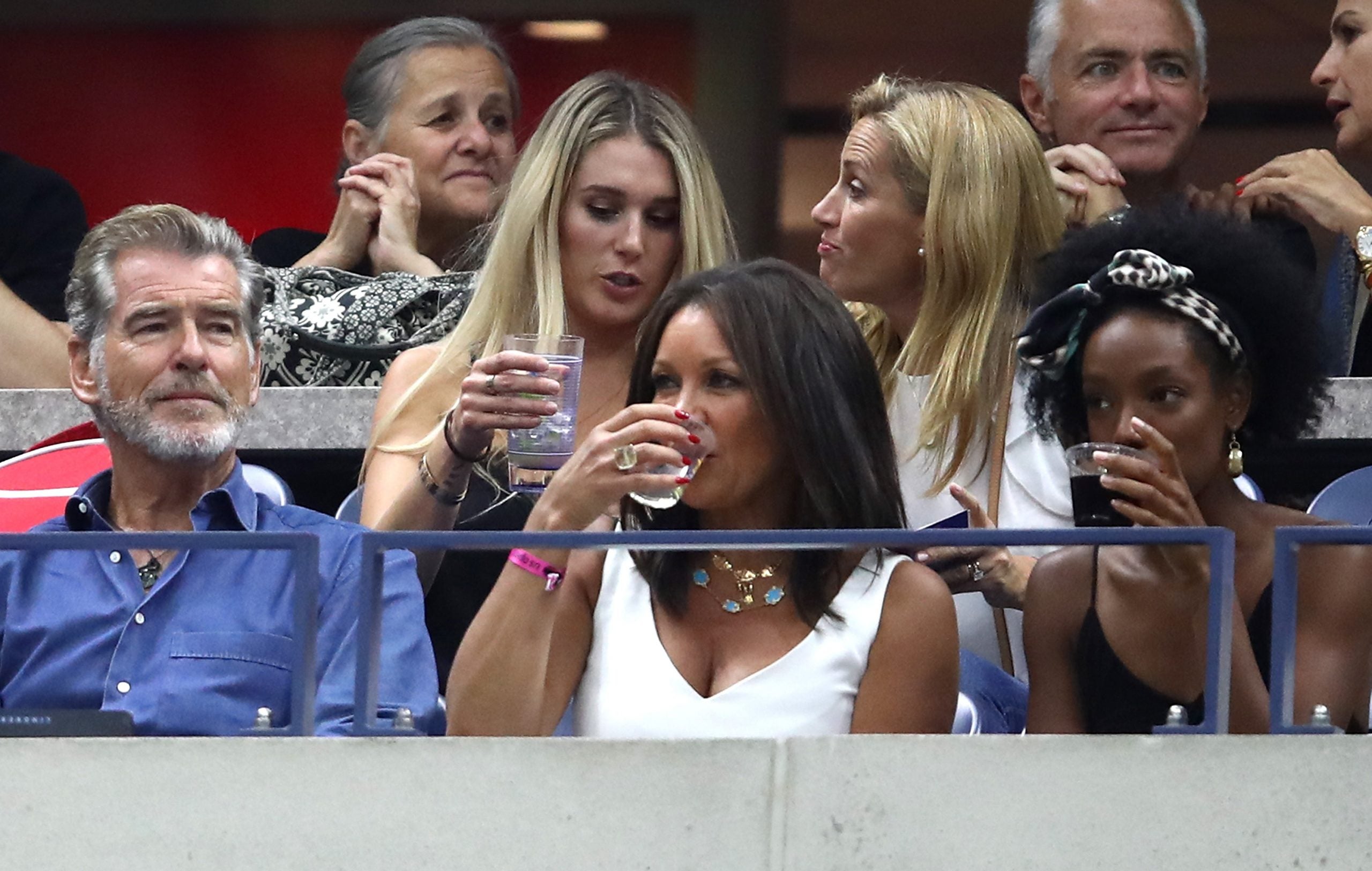
For Gen-Zers who fell in love with Vanessa Williams through her role as Wilhemina Slater on the series Ugly Betty, Beauty Carnival at the 2020 ESSENCE Festival of Culture offered a lesson in how her days as an icon started well before the show, and how her influence spans much wider than the humble beauty ever shares.
At Friday evening’s virtual stage Williams was joined by Laverne Cox and the cast and creators of Bad Hair, including director Justin Simien, Lena Waithe and Elle Lorraine, along with ESSENCE’s Entertainment Director Cori Murray to discuss the film. Before the conversation was over, Cox took a moment to acknowledge Williams as an inspiration and a legend. It quickly (and rightfully) became a love fest for the actress and singer, and the trails that she’s blazed during her long career in entertainment.
“Can I just take a moment because every time Ms. Vanessa Williams has said something, I’ve gotten goosebumps,” Cox began. “The legendariness that is Vanessa Williams—can we just take a moment and acknowledge. We must do it publicly. You are so everything and you are still doing it and you are so amazing. You’re been a huge inspiration literally my whole life. Thank you.”
Williams was already flattered and humbled. But after Cox opened the door, the love just kept pouring in.
“You being an icon that’s also willing to look back and help raise us up to make sure we’re doing the right thing, we appreciate you very much,” Waithe added.
“How generous you were—working with you, I was so nervous,” Lorraine said of her time on set with the former Miss America. “But you were such a warm presence to be around and such a great teacher in ways that you didn’t even realize that you were being an example for me.”
Lorraine also told a story about how Williams, who shares her love for tennis, invited her to her first U.S. Open and was like a fairy-Godmother, giving her a better experience than she could have imagined.

Simien joked that while she is aware that she is Vanessa Williams, it doesn’t stop her from just being part of the team, doing what everyone else is doing—including “getting on the floor in the middle of some weave and hot glue with no pretension.”
But Williams, being the modest star that she is, was quick to give the glory to another icon, Diahann Carroll, who she credits for forging a path for all of them and for integrating the creative talent union decades ago.
“I remember doing a movie and Diahann Carroll played my mother and we were taking about the days of Julia and the 60s,” Williams explained. “And [Diahann] said, ‘I had to insist on a Black hairdresser because there was not one Black hair person in the union.’ And she single-handedly integrated the union because she insisted on somebody that knew how to do her hair. So it’s those little steps that you have to take to make your mark in order to make change. And now we have plenty of Black hairstylists in the union, but it took her to say I refuse, I insist, and she got her way.”





